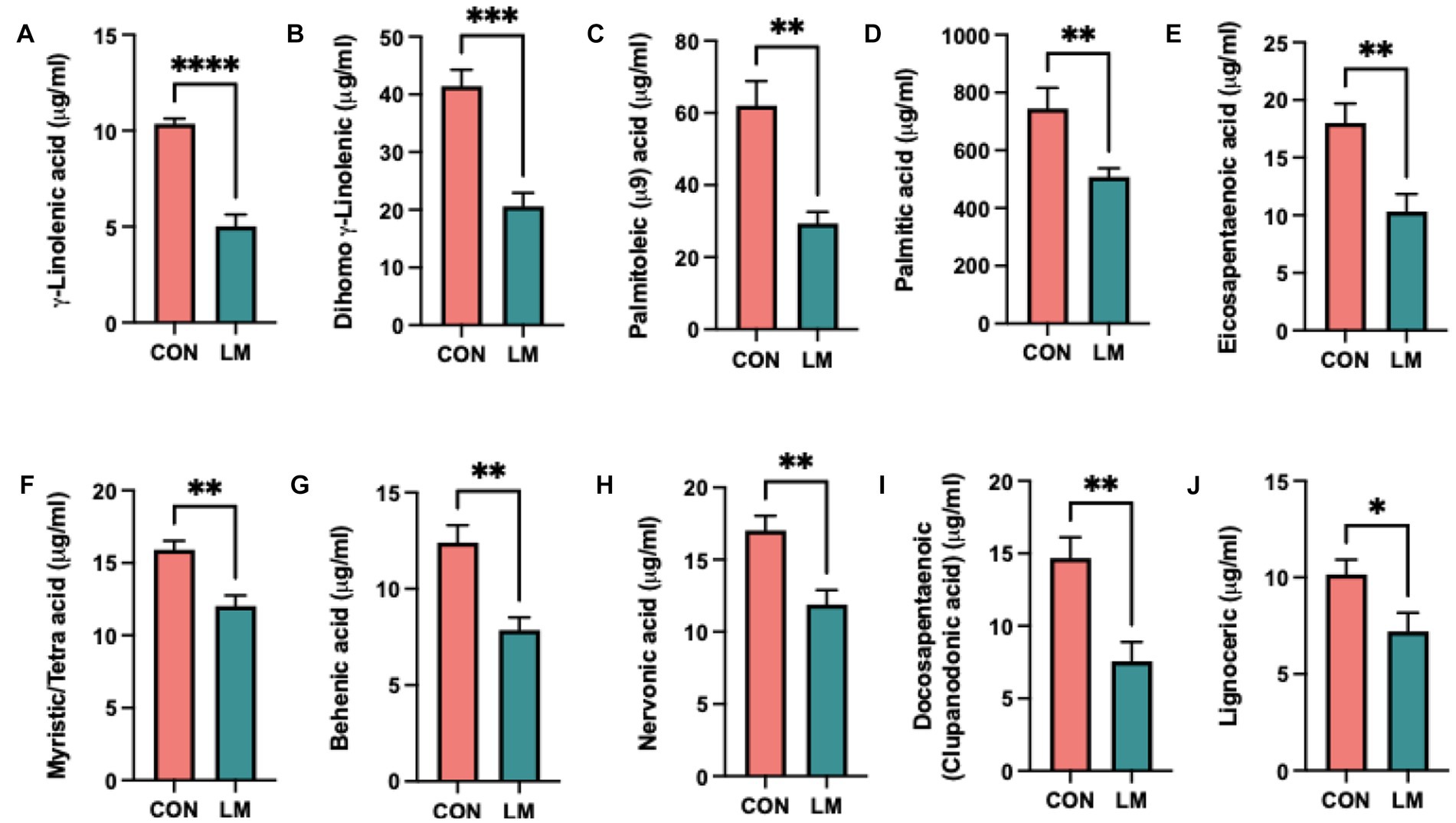
Publication: Multiple micronutrient deficiencies alter energy metabolism in host and gut microbiome in an early-life murine model
Abstract: Micronutrients perform a wide range of physiological functions essential for growth and development. However, most people still need to meet the estimated average requirement worldwide. Globally, 2 billion people suffer from micronutrient deficiency, most of which are co-occurring deficiencies in children under age five. Despite decades of research, animal models studying multiple micronutrient deficiencies within the early-life period are lacking, which hinders our complete understanding of the long-term health implications and may contribute to the inefficacy of some nutritional interventions. Evidence supporting the Developmental Origins of Health and Disease (DOHaD) theory demonstrates that early-life nutritional deficiencies carry life-long consequences mediated through various mechanisms such as abnormal metabolic programming, stunting, altered body composition, and the gut microbiome. However, this is largely unexplored in the multiple micronutrient deficient host.

